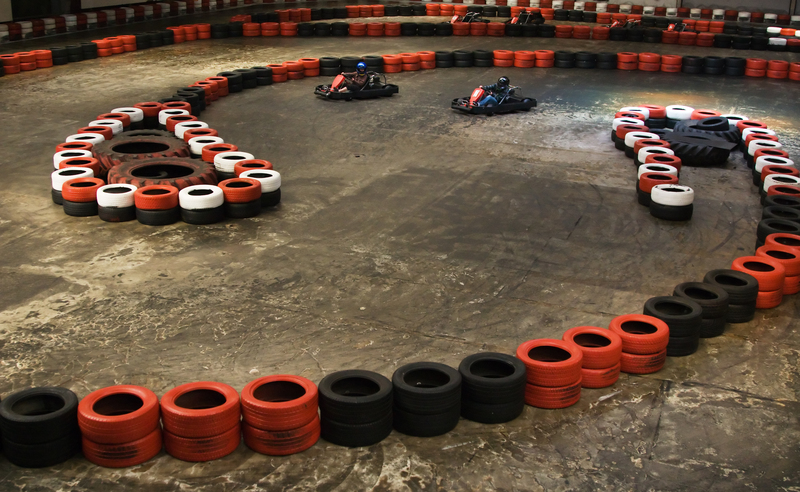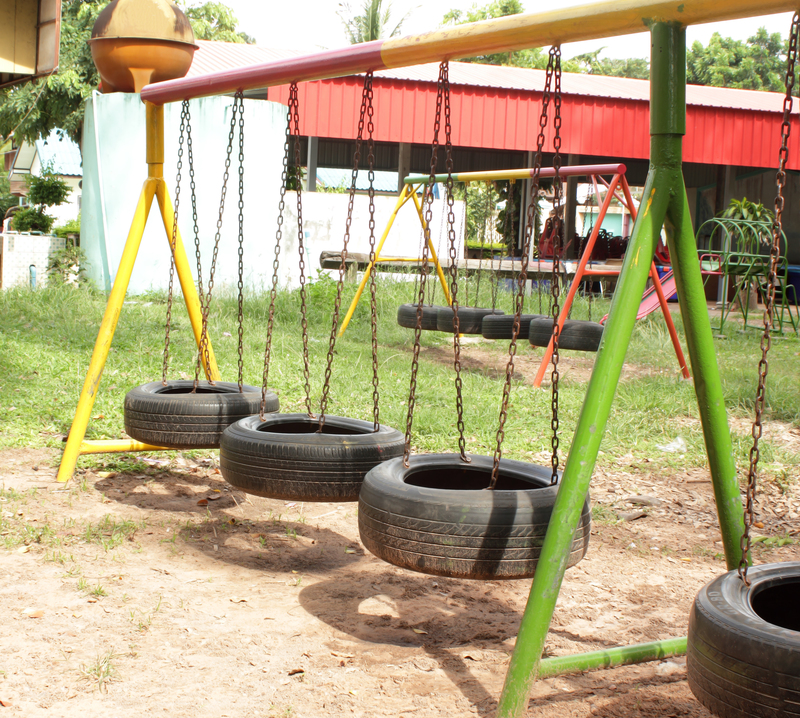Fresh Concepts for Tackling Plastic Waste
Posted on 05/04/2025
Plastic waste has become one of the most pressing environmental issues of our time. Despite global efforts to reduce, reuse, and recycle, the accumulation of plastic continues to grow. However, innovative approaches are emerging that offer fresh solutions to combat this problem. This article explores a collection of cutting-edge ideas designed to tackle plastic waste more effectively.
Biodegradable Plastics
One of the most promising solutions is the development of biodegradable plastics. Unlike traditional plastics that can take hundreds of years to decompose, biodegradable alternatives break down much faster. These plastics are created from renewable raw materials like corn starch, sugarcane, and other plant-based resources. Recent advancements have led to creating materials that mimic the properties of conventional plastics while being more environmentally friendly.

Plastic-to-Fuel Conversion
Another innovative solution involves converting plastic waste into fuel. Through a process known as pyrolysis, plastics can be heated in the absence of oxygen, breaking them down into useful petrochemicals. These chemicals can then be refined into fuels such as diesel and gasoline, providing a dual benefit of waste reduction and energy production. This method is currently being explored by several companies and research institutions as a viable alternative to traditional waste management techniques.
Ocean Clean-Up Initiatives
The Great Pacific Garbage Patch and other oceanic plastic waste deposits have prompted the development of large-scale ocean clean-up initiatives. One such notable project is The Ocean Cleanup, which employs advanced technologies to target and collect floating plastic debris. These efforts not only aim to reduce the amount of plastic in our oceans but also prevent further harm to marine life.
Plastic-Eating Enzymes
Recent scientific breakthroughs have introduced plastic-eating enzymes, which could revolutionize how we handle plastic waste. These enzymes, derived from naturally occurring microorganisms, can break down certain types of plastics into their basic components much more quickly than traditional methods. Initial studies have shown promising results, leading to further research and potential large-scale applications.
Waste-to-Art Movements
A more creative approach to tackling plastic waste involves transforming it into art. Artists and communities worldwide are turning discarded plastics into sculptures, installations, and other forms of creative expression. This not only helps remove waste from the environment but also raises public awareness about the plastic waste crisis.
Pros and Cons of Fresh Concepts
Pros:
- Sustainability: Many of these solutions promote eco-friendly practices that can reduce long-term environmental impact.
- Innovation: New technologies and ideas keep the momentum for solving the plastic crisis.
- Public Awareness: Creative initiatives help educate the public on the importance of tackling plastic waste.
- Global Impact: Solutions like ocean clean-up and bio-engineering have the potential for widespread implementation.
Cons:
- Cost: Developing and implementing new technologies can be expensive.
- Scalability: Some innovative solutions may be difficult to scale globally.
- Unintended Consequences: New materials and technologies may have unforeseen environmental impacts.
- Regulation: Lagging regulations can slow down the adoption of new solutions.
Tips to Reduce Plastic Waste
- Choose reusable items over single-use plastics.
- Support businesses that use biodegradable or recyclable packaging.
- Participate in local clean-up efforts and recycling programs.
- Educate yourself and others about the impact of plastic waste.
- Advocate for governmental policies that support plastic waste reduction.

Takeaways
While plastic waste remains a significant challenge, innovative solutions are on the horizon. From biodegradable plastics and plastic-to-fuel conversion to ocean clean-up initiatives and plastic-eating enzymes, numerous approaches promise to make a substantial impact. Public awareness, sustained research, and supportive policies are crucial to ensuring these fresh concepts progress from idea to widespread implementation.
Conclusion
Combatting plastic waste requires a multifaceted approach that leverages both technology and community action. The emerging concepts discussed in this article show great promise and highlight the importance of continued innovation and public engagement. By adopting these new ideas and supporting them through our actions, we can make significant strides toward a cleaner, more sustainable future.
Latest Posts
How to Separate Trash Efficiently
Ways to Reduce Your Environmental Impact






